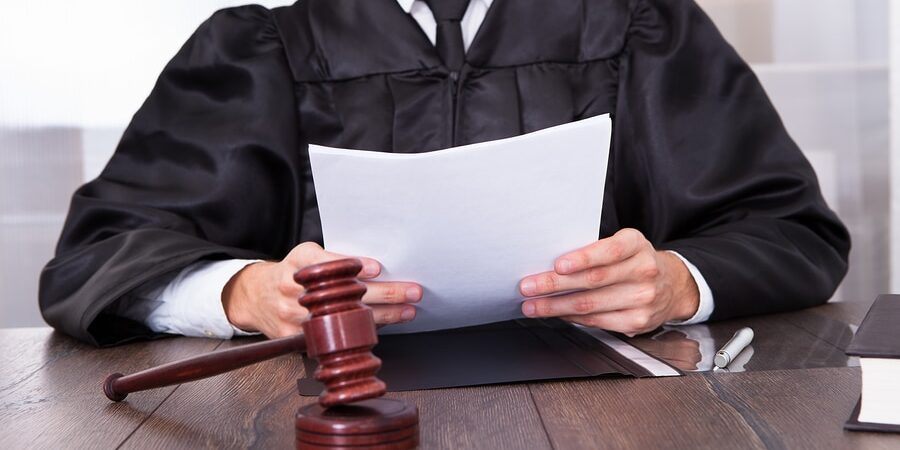Going to court can be an intimidating experience, especially when you are not sure what to expect. For many people, attending a hearing in a divorce case is the first time that they will ever enter a courtroom, and the prospect can be scary. If you are attending a hearing, learning more about the process can help ease your fears.
Before Court
Before you attend a hearing, your attorney will tell you what the hearing will cover and what you should expect to happen. Some hearings may take care of routine scheduling matters, while others may involve complicated legal issues. Your attorney will let you know what will be covered in the hearing and will prepare you if you need to testify or answer questions.
At The Courthouse
The day of your hearing, be sure to dress in a manner that is appropriate. While you do not have to wear a full suit, it is important to dress nicely or professionally. Avoid jeans and any stained or ripped articles of clothing. In general, aim to dress as you would if you were attending a professional job interview or formal wedding reception.
In order to get to the hearing, you will first have to enter the courthouse. The majority of courthouses have metal detectors much like an airport. You will not be allowed to bring in weapons such as guns or pocketknives or anything that may be used as a weapon.
Cell phone use by non-attorneys is usually prohibited inside a courthouse, and some courthouses may ban cell phones entirely. Give yourself enough time to run to your car if necessary to store any prohibited items you may be carrying. Additionally, the line for security is often long in many larger courthouses, so make sure you give yourself enough time to wait in the security line and find your courtroom before your hearing starts.
In The Courtroom
Once you arrive at the courtroom, expect to wait. Judges will usually have a full day of hearings, and multiple cases may be scheduled at the same time. For instance, the judge may start all of his or her hearings regarding child custody issues at 8:30 a.m. While you must be at the courtroom at your scheduled time, it may be a while before the judge calls your case.
While you are waiting, it is helpful to watch the other proceedings. Similar cases are often handled one right after the other, and many people feel more comfortable after observing others go through the same process.
Once the judge calls your case, the attorneys for both sides will begin their arguments to the judge. While these arguments may start out in the open courtroom, it is common for the judge to call both attorneys up to the bench to have sensitive or legally complex conversations. The attorneys may even be called to a private meeting in the judge’s chambers.
During the hearing, let your attorney speak on your behalf. Unless the judge specifically asks you a question, you might not be required to speak at all.
The hearing can end in several ways. The judge may make a decision about an issue in the case or may put off his or her decision until another day. Usually, the hearing will end with both attorneys agreeing on the date for the next hearing or event in the case.
After The Hearing
Once the hearing is over, your attorney will brief you about what was accomplished and what happens next. Your attorney may need to file a motion, collect evidence, or schedule a mediation. If you have another hearing date scheduled, be sure to write down the date and time.
At Pacific Northwest Family Law, our attorneys are committed to our clients and will do everything in our power to make you comfortable before you are required to attend a court hearing. If you are planning to get divorced or have legal issues concerning your children, our family law attorneys will thoroughly prepare you and help you plan for court.
If you would like more information about divorce, parenting plans, child support, visitation, or any other family law issue, call 877-738-0777 to schedule your appointment today.


